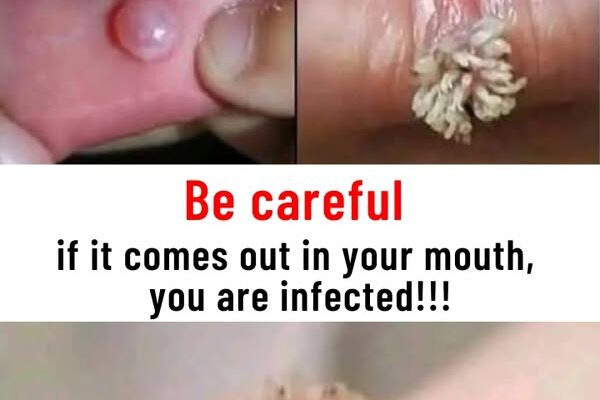Understanding Cold Sores
Cold sores, also called fever blisters, are a widespread viral infection typically caused by the herpes simplex virus type 1 (HSV-1). In some cases, herpes simplex virus type 2 (HSV-2)—which is more commonly associated with genital herpes—can also result in cold sores, particularly through oral-genital contact.
What Causes Cold Sores?
Cold sores are highly contagious and can easily spread from person to person, often through saliva or direct skin contact. Common transmission methods include:
-
Direct contact: Such as kissing or sharing drinks, food, or utensils with someone who has an active sore.
-
Indirect contact: Using items that have come into contact with the virus, like towels, makeup, or cutlery.
-
Self-infection (autoinoculation): Touching a cold sore and then touching other areas like the eyes or genitals can spread the virus within your own body.
Recognizing the Symptoms

Cold sores usually progress in several distinct stages:
-
Tingling or itching: A burning or tingling feeling may appear 1–2 days before a sore becomes visible.
-
Blister formation: Small, fluid-filled blisters emerge near the lips or occasionally on the gums or nose.
-
Blister rupture: The blisters burst and form painful, open sores. This is the most contagious stage.
-
Scabbing: The sore dries and scabs over before finally healing.
An outbreak typically lasts 7 to 10 days, but the virus remains dormant in the body and may become reactivated over time.
What Can Trigger an Outbreak?

Several factors may reactivate the virus and trigger a new outbreak, such as:
-
Emotional or physical stress
-
Exposure to sunlight or UV radiation
-
Hormonal changes, including menstruation or pregnancy
-
Colds, fevers, or other illnesses
-
Weakened immune system due to illness or certain treatments
How Are Cold Sores Treated?

Although there’s no permanent cure, various treatments can help manage symptoms and shorten recovery time:
-
Antiviral pills – Medications like acyclovir, valacyclovir, or famciclovir are most effective when taken at the first sign of an outbreak.
-
Topical antiviral creams – Can help minimize pain and reduce the spread of the virus.
-
Pain relievers – Over-the-counter ibuprofen or acetaminophen, as well as numbing gels, can ease discomfort.
-
Moisturizing lip balms – Help soothe dry skin and support healing.
Tips for Prevention
To lower your risk of spreading or triggering cold sores:
-
Avoid kissing or close contact during an outbreak
-
Don’t share personal items like lip balm, towels, or utensils
-
Use lip sunscreen if sun exposure tends to trigger outbreaks
-
Strengthen your immune system through healthy habits like a balanced diet, regular exercise, and managing stress
When to See a Doctor
Consider visiting a healthcare provider if:
-
You have frequent or painful outbreaks
-
Over-the-counter treatments aren’t effective
-
The sores spread beyond your lips or grow unusually large
-
Pain makes it hard to eat, drink, or talk
-
You have a weakened immune system, which raises the risk of complications
Disclaimer: This content is for informational purposes only and does not constitute medical advice. Always consult a qualified healthcare provider for diagnosis and treatment of any medical condition.
